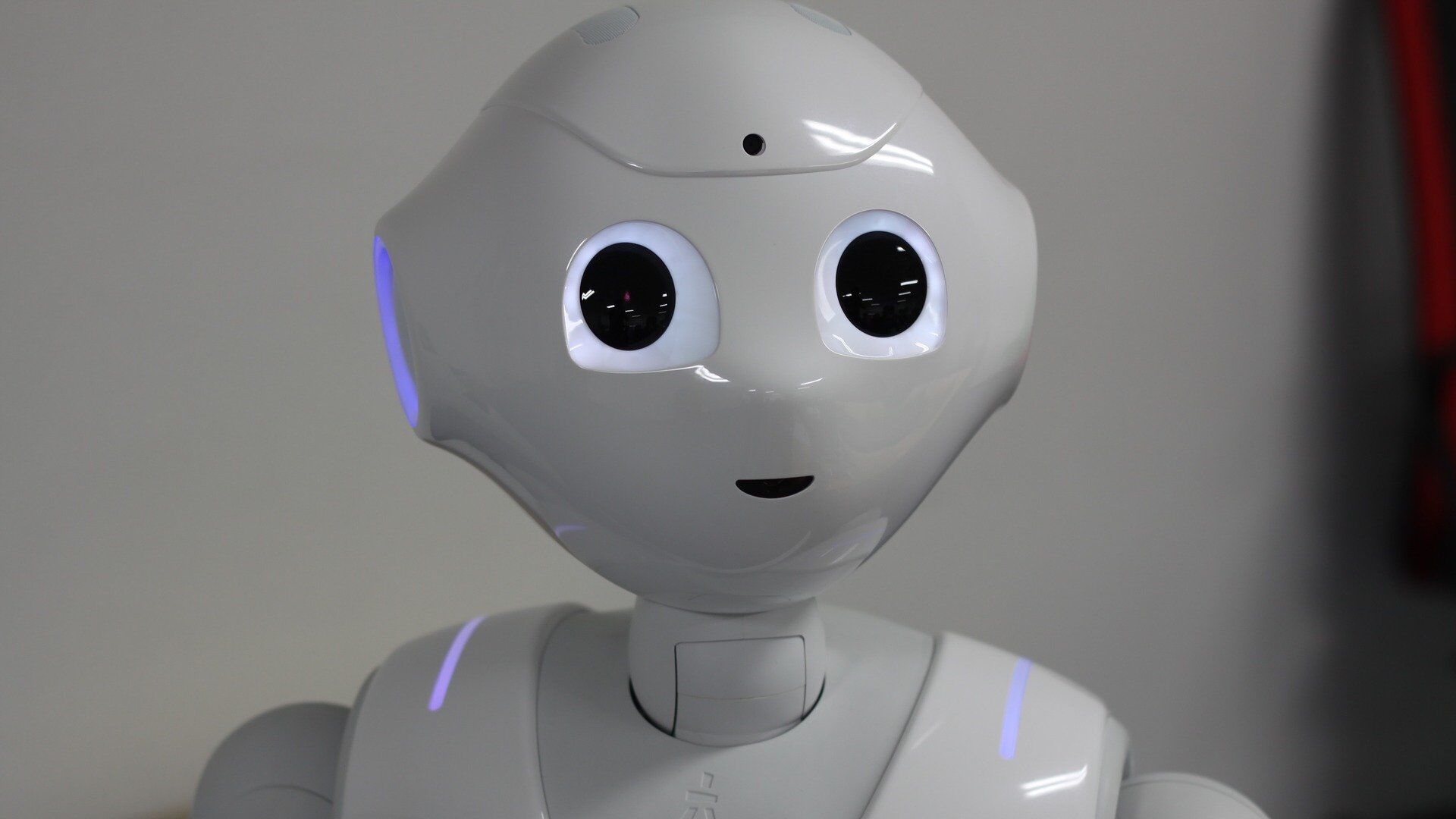https://sputnikglobe.com/20220711/scientists-come-up-with-ai-that-thinks-just-like-human-babies-1097202867.html
Scientists Come Up With AI That Thinks Just Like... Human Babies
Scientists Come Up With AI That Thinks Just Like... Human Babies
Sputnik International
Small babies instinctively know that an object that briefly passes behind another object should not reappear elsewhere. Artificial intelligence systems did not... 11.07.2022, Sputnik International
2022-07-11T18:39+0000
2022-07-11T18:39+0000
2022-08-06T13:32+0000
science & tech
artificial intelligence
babies
https://cdn1.img.sputnikglobe.com/img/104714/94/1047149446_0:0:1920:1080_1920x0_80_0_0_77d7a0cd7e6b125a518e2e6b5f25ad59.jpg
Scientists from the AI research laboratory DeepMind have created an AI system that has a thinking pattern similar to that of young human babies.The system is dubbed PLATO, short for Physics Learning through Auto-encoding and Tracking Objects. It has been programmed with the help of a series of coded videos that represent the basic knowledge that babies display in their first months of life.The scientists focused on three key concepts we learn at the beginning of our lives: permanence (meaning that objects are not supposed to suddenly disappear), solidity (solid objects cannot pass through each other), and continuity (objects have their place in space and time). The team integrated two additional concepts into the AI system's dataset: unchangeability and directional inertia.After being trained with the dataset, PLATO would "act surprised" when presented with a scenario that does not fall in line with the laws of physics the system has just learnt.While PLATO still needs additional training to be fully comparable with three-year-old infants, scientists concluded that their model "can learn a diverse set of physical concepts, which depends critically on object-level representations, consistent with findings from developmental psychology."The new findings do not only mark another small step in AI development but can also provide additional insights into human cognition and how it works and evolves, scientists believe.
Sputnik International
feedback@sputniknews.com
+74956456601
MIA „Rosiya Segodnya“
2022
Sputnik International
feedback@sputniknews.com
+74956456601
MIA „Rosiya Segodnya“
News
en_EN
Sputnik International
feedback@sputniknews.com
+74956456601
MIA „Rosiya Segodnya“
Sputnik International
feedback@sputniknews.com
+74956456601
MIA „Rosiya Segodnya“
science & tech, artificial intelligence, babies
science & tech, artificial intelligence, babies
Scientists Come Up With AI That Thinks Just Like... Human Babies
18:39 GMT 11.07.2022 (Updated: 13:32 GMT 06.08.2022) Small babies instinctively know that an object that briefly passes behind another object should not reappear elsewhere. Artificial intelligence systems did not have such good intuition... until now.
Scientists from the AI research laboratory DeepMind have
created an AI system that has a thinking pattern similar to that of young human babies.
The system is dubbed PLATO, short for Physics Learning through Auto-encoding and Tracking Objects. It has been programmed with the help of a series of coded videos that represent the basic knowledge that babies display in their first months of life.
"Luckily for us, developmental psychologists have spent decades studying what infants know about the physical world and cataloguing the different ingredients or concepts that go into physical understanding," says neuroscientist Luis Piloto from the laboratory, cited by
Science Alert.
The scientists focused on three key concepts we learn at the beginning of our lives: permanence (meaning that objects are not supposed to suddenly disappear), solidity (solid objects cannot pass through each other), and continuity (objects have their place in space and time). The team integrated two additional concepts into the AI system's dataset: unchangeability and directional inertia.
After being trained with the dataset, PLATO would "act surprised" when presented with a scenario that does not fall in line with the laws of physics the system has just learnt.
"Our object-based model displayed robust VoE [violation-of-expectations] effects across all five concepts we studied, despite having been trained on video data in which the specific probe events did not occur," the study read.
While PLATO still needs additional training to be fully comparable with three-year-old infants, scientists concluded that their model "can learn a diverse set of physical concepts, which depends critically on object-level representations, consistent with findings from developmental psychology."
The new findings do not only mark another small step in AI development but can also provide additional insights into human cognition and how it works and evolves, scientists believe.



